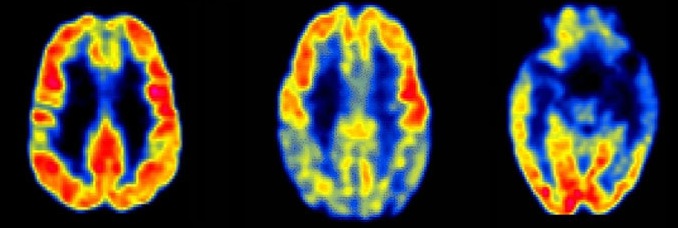Detecting sarcasm may not be difficult for the astute geniuses who read our articles, but some people do have trouble determining whether a statement should be taken literally. Katherine Rankin, a neuroscientist for the Memory and Aging Center at the University of California, has been working to find out what structural abnormalities in the brain impair the ability to detect sarcasm. Her latest study, presented in April to the American Academy of Neurology, identified a previously unsuspected region of the brain.
Rankin gathered 91 patients with a variety of neurodegenerative diseases, ranging from frontotemporal dementia and Alzheimer’s disease to progressive nonfluent aphasia. The subjects were evaluated on the Social Inference-Minimal subtest of The Awareness of Social Inference Test (TASIT), and then MRI scanned. The common factor between all of those who performed poorly on the test was lesions in the right parahippocampal gyrus.
This finding was surprising because it is the left side of the brain that chiefly handles the processing of linguistic and social information. The right parahippocampal gyrus had previously been assumed to handle only visual context. It seems that earlier divisions of the hemispheres may have been too simplistic.
The identification of the sarcasm detector in the brain is useful not only for the insight it gives us into neuroanatomy, but also because it may serve as an early warning for certain types of dementia. Many objective tests do not detect the early deficits that families and friends pick up on, because diseases like frontotemporal dementia leave patients able to understand straightforward sentences in the early stages. Now, sarcasm tests can supply quick and convincing evidence of dementia when family and friends sense something is wrong.
